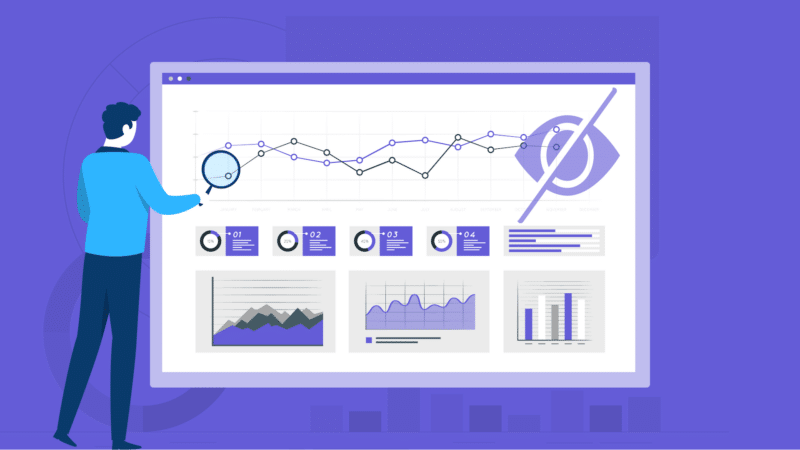
Navigating the Hidden Costs of Digital Advertising: Unveiling the “Other” Search Terms
In the uncharted waters of digital advertising, a significant portion of budget allocation can be lost without proper insight. According to recent analysis by Adthena, over half of ad spend—51% on average—is directed towards search terms that fall into Google’s often-overlooked “other” category. This eye-opening statistic raises vital questions about transparency and efficiency in advertising strategies.
One of the primary concerns related to these elusive search terms is the lack of transparency they create. Particularly in Performance Max (PMax) campaigns, only a meager 26% of traffic is traced back to visible search terms. This obscurity inevitably contributes to wasted budgets, inaccurate performance analytics, and misguided future campaigns, ultimately frustrating marketers striving for optimal returns on investment.
The struggle continues with reporting challenges stemming from insufficient visibility into search term performance. Without comprehensive insights, marketers are left in the dark regarding underperforming keywords, rendering it nearly impossible to make informed budgetary decisions for upcoming campaigns. As any seasoned marketer would attest, this information gap can stifle progress and lead to ineffective advertising expenditure.
Data completeness is paramount; it is the missing piece that allows for genuine campaign optimization. Adthena focuses on bridging this gap, providing marketers with the advanced intelligence necessary for effective budget allocation and strategy refinement. This is especially valuable in today’s cutthroat environment, where competitors are just a click away, and standing out is vital for success.
Moreover, the article presents compelling case studies from companies like VodafoneZiggo and PrettyLittleThing. Both brands leveraged Adthena’s capabilities to significantly boost their ad performance by reallocating budget towards more effective search terms, highlighting the potential for increased returns through informed decision-making.
However, a look at Google’s Auction Insights tool reveals its inherent limitations, such as providing minimal visibility when auctions aren’t participated in, limited competitor insights, and lacking integration with essential reporting tools like Looker Studio. This void again emphasizes the importance of platforms like Adthena, which not only illuminate hidden opportunities but also streamline reporting processes through effective integrations.
In addressing these visibility challenges, Adthena offers various solutions that empower marketers. These include identifying competitor search terms that aren’t being utilized, enhancing the understanding of market activity, developing unique performance metrics specifically for Google Shopping and PMax campaigns, and improving data visualization through effective reporting integrations.
As digital marketers grapple with the complexities of advertising budgets, it is clear that Adthena’s search intelligence platform provides the necessary insights to refine search strategies and capitalize on untapped opportunities. By fully embracing the available data, advertisers are empowered to make well-informed decisions that not only optimize their campaigns but also ensure their funds are allocated wisely.
In linking this discussion to URL shorteners and link management, it is crucial to recognize how a comprehensive understanding of search terms can enhance link performance. Smart URL strategies can leverage insights from search terms to narrow targeting efforts, ensuring that shorter, easily shareable links are redirected towards high-converting keywords and engage the audience effectively.
Ultimately, the push for more transparency and better data in digital marketing is essential. Those wishing to enhance their strategies while improving ROI should consider the powerful offerings of Adthena to unlock the potential of hidden search intelligence.
Tags:
#BitIgniter #LinksGPT #UrlExpander #UrlShortener #DigitalMarketing #SearchIntelligence

